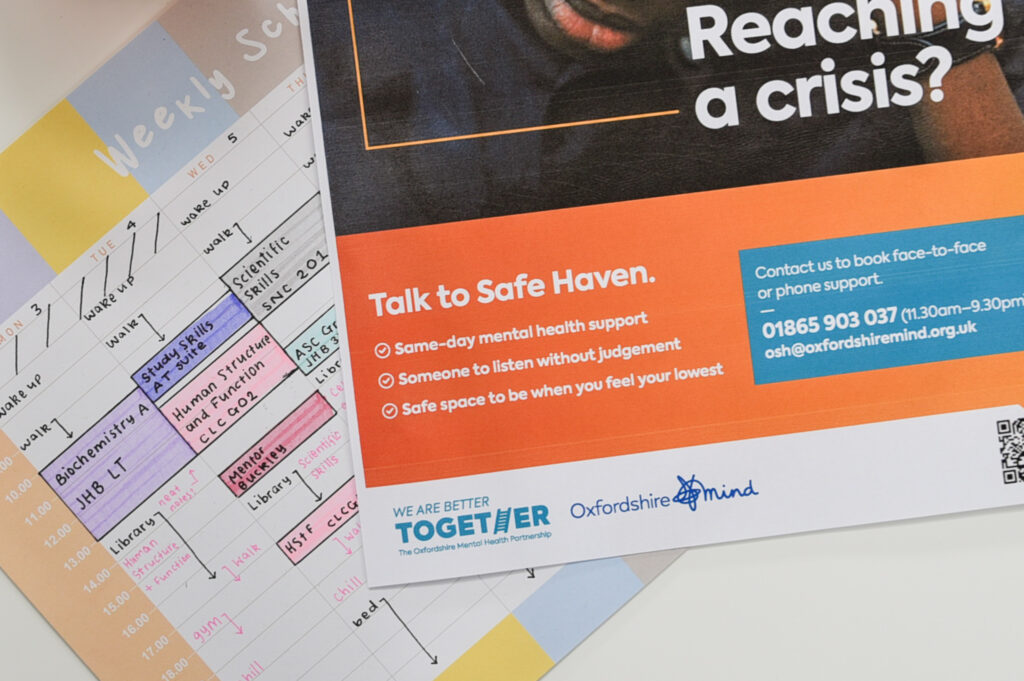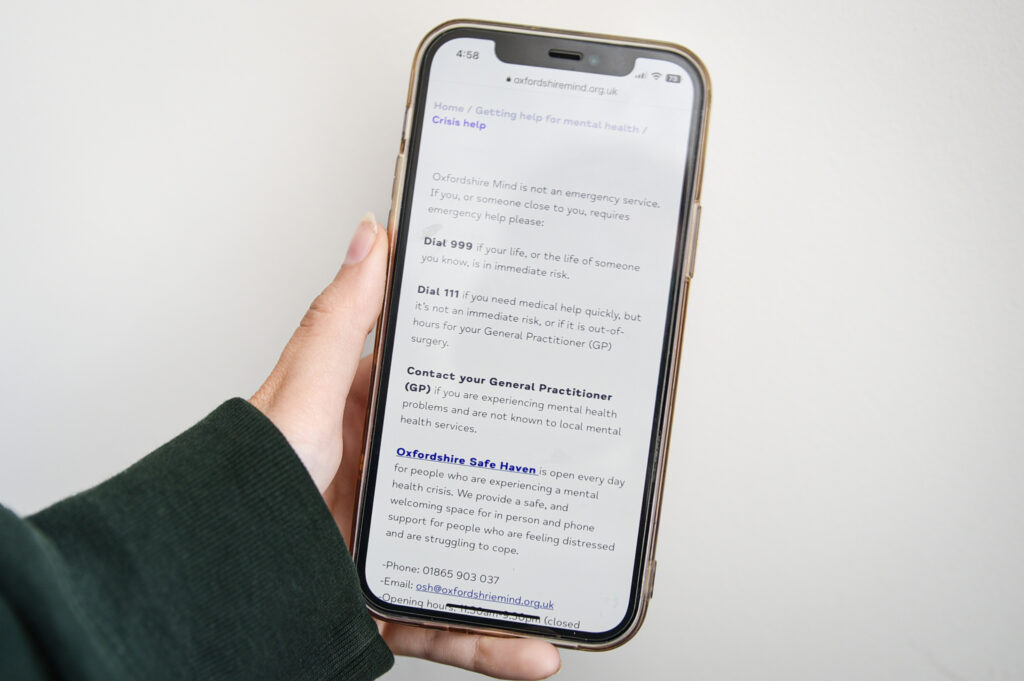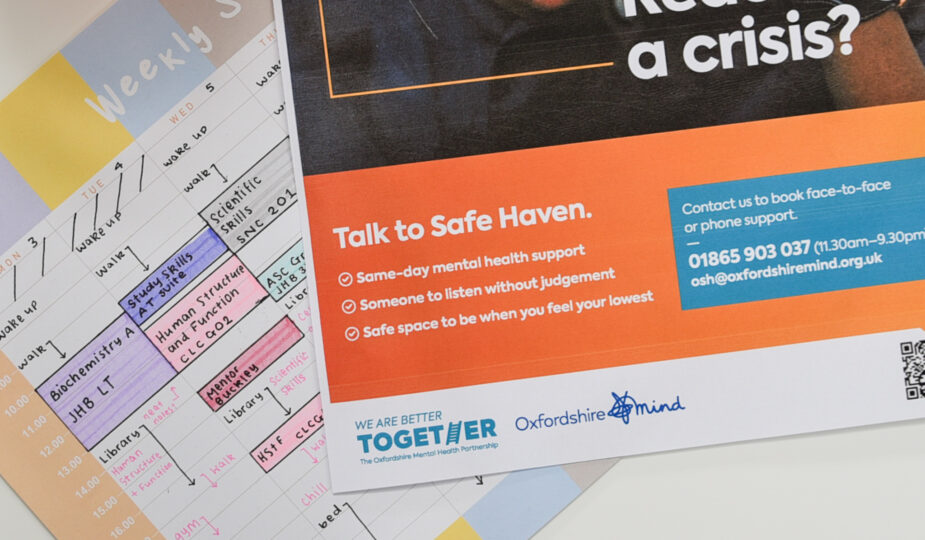I was approached by my Student Union on Instagram, asking if I could write them a blog post for World Mental Health Day (10th October, 2022). I agreed, and I thought that it would be a good post to share here as well, but I’m going to adapt some parts because when I wrote for the SU, I had to make it specific to the university, and here I can be more general.
Mental Health At University

Even after hours and hours of research and preparation, starting university for the first time can be a more significant change than you could’ve ever imagined. A brand-new place, a brand-new structure, brand-new people, and almost a whole brand-new life – it’s a lot of information for new students to process, especially on top of the new course content you’ll be learning!
I thought I knew it all, I did. But, oh boy, was I wrong? It’s not even the first time I’ve lived away from home but the sense of overwhelm crept up on me very sneakily, and incredibly fast as well. I’m certain I’m not the only “fresher” to feel this way; I sense that only a brave few will admit it, but I think it’s a feeling that is festering in the majority of us! I thought I had my first days on campus all mapped out, carefully planned to the hour, but I quickly realised that it wouldn’t go as smoothly as I very naïvely thought.
I arrived at my first lecture at one of the bigger lecture theatres on campus, and suddenly, everything became very real; it was quite a definitive “wake up” kind of moment. I had a lot less space in the lecture theatre than I had anticipated, I was having trouble setting up my assistive technology, and I was starting to panic. By the end of the lecture, I’d basically “boiled over”, and I continued to for the rest of the day. I attended approximately 20 minutes of my next 3-hour lecture since I was far more entertained at the prospect of crying in a nearby toilet, and then I attended no more than 5 minutes of the lecture after that since I was enjoying crying so much (NB: I am joking, it was not fun by any means). All in all, my first day did not go well, and it had a knock-on effect on the rest of the week. I didn’t attend another single lecture after that and the state of my mental health… Well, it was about 6ft under!

That all sounds terrifying, I know, and maybe even familiar. And don’t get me wrong, I am still terrified! But what I’m here to tell you now is that you most certainly CAN come back from situations like this. It isn’t the end of the world; this isn’t how your whole university experience will be. You WILL come out the other side, and there’s so much support out there to help you. Here are some things that I have learnt:
Don’t try and do too much all at once: I’d taken up an extra language module which made my Mondays incredibly busy and very incredibly overwhelming. I have dropped that module now. As you can tell, it was not worth me going through that. You must schedule times to rest; it’s a MUST.
Take it day by day: Just take it one day at a time, one hour at a time, if needed. I woke up on Tuesday morning (my second day) feeling incredibly unwell, and I needed to rest, but I couldn’t help but feel so guilty for not getting up and getting on with it. PLEASE don’t feel guilty if you need to rest; a lot of the time, that is more important than your degree. You can’t reach your potential if you’re not up to it.
Reach Out: Within all universities (that I’m aware of anyway), Student Support Services are available to ALL students and can help with ALL types of things. Some universities may have specific divisions for general wellbeing, mental health, housing, finance, disability services, study skills and more. They are there to support you in all aspects academically and personally, and they want to help you! Some similar services may be offered by the Student Union in other universities too. It’s worth having a browse around your university’s website if you’re unsure about them, but I can assure you that most of the time, they are very good at what they do.

Mental Health Help: Within Oxford, Mind Charity offers a few crisis support services on top of the local NHS Mental Health Services. They are very good actually! Most university towns and cities do have local mental health support of some description, some being NHS and others being run by charitable organisations. It’s definitely worth checking out what is available in your area and looking at how to access them. If you’re unsure, the university support services or the SU would probably know about them! Another notable service is the SHOUT Crisis Text Line, simply text STUDENT to 85258, and you’ll be connected to an advisor ASAP.
If you’re in a very serious crisis (or worried about someone who is) or are at a very real risk of harming yourself or others, please call 999 or attend to your local Emergency Department immediately. Some Emergency Departments have specific psychiatric services or support as well. In Oxford, this is offered at John Radcliffe Emergency Department.
One last thing, please stay safe. I was very lucky that I was “saved” and pulled out of my situation before anything too dangerous happened, and I wouldn’t wish the effects of my mental illnesses on anybody. University is meant to be an enjoyable experience as much as it is academic. If you’re struggling, please don’t suffer in silence. There ARE people there, and there IS always hope, I promise. You got this.
I hope this was helpful. Here are some resources:
Richmond Fellowship – Find A Service



















